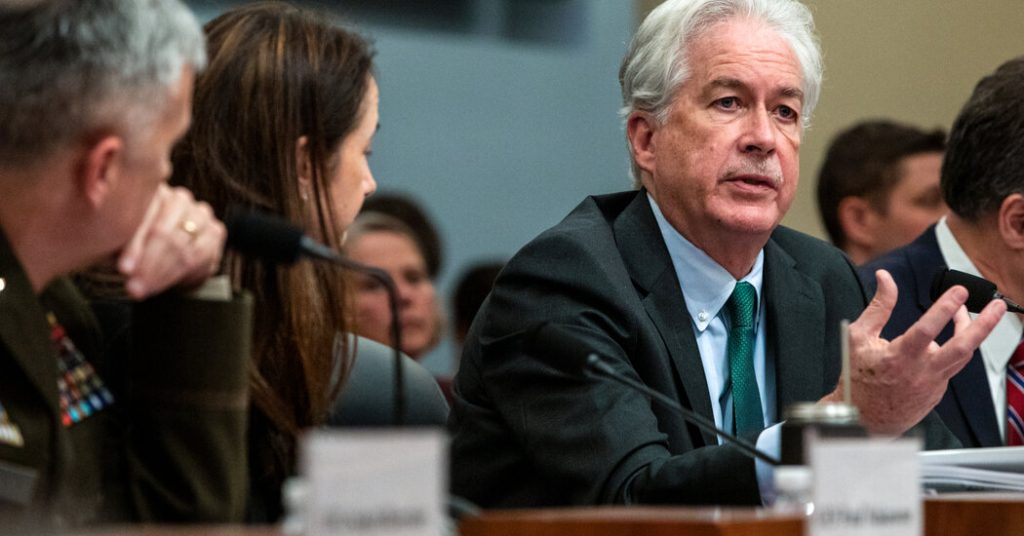President Biden recently threatened to condition future support for Israel on how they address concerns about civilian casualties and the humanitarian crisis in Gaza. This was prompted by the killing of seven aid workers in Gaza by Israeli military forces. During a tense call with Prime Minister Benjamin Netanyahu, Biden pushed for specific, concrete steps to address civilian harm, humanitarian suffering, and aid worker safety. Israel responded by agreeing to permit more food and other supplies into Gaza. If Israel did not meet these demands, Biden hinted at limiting U.S. aid supplies.
Israel, in response to Biden’s call, agreed to use the Ashdod port, open the Erez crossing, and increase deliveries from Jordan to allow more humanitarian aid into Gaza. Additionally, Israel agreed to take further measures to reduce civilian casualties while working towards a temporary cease-fire to secure the release of hostages. Secretary of State Antony Blinken emphasized the need for Israel to increase the flow of humanitarian supplies to Gaza or face potential policy changes, indicating a new level of accountability. Biden was clear in calling for an “immediate cease-fire” and the release of hostages taken by Hamas.
The killing of the seven aid workers in Gaza by Israeli forces prompted Biden’s response and actions. The World Central Kitchen, a humanitarian group founded by José Andrés, had its relief efforts halted after the deaths of the seven aid workers who were killed in Israeli airstrikes. Biden expressed outrage over the incident, calling it “unacceptable.” Israel described the attack as a mistake based on misidentification, but the incident raised concerns about the protection of aid workers in conflict zones. Israel also promised to investigate the strikes further.
Criticism of Biden’s responses to the Gaza conflict has come from various sources, including former Obama administration officials and Democratic allies who are calling for more decisive actions. Some believe that Biden should be using U.S. leverage to stop civilian casualties and violence in Gaza. Biden, who has traditionally supported Israel, is facing pressure to reevaluate the flow of arms to influence Israel’s actions during the conflict. The issue of supply of arms and potential consequences for Israel have become points of contention in the debate.
Going forward, Biden’s administration is seeking tangible steps from Israel to reduce violence against civilians and increase access to humanitarian aid in Gaza. If Israel does not meet these expectations, Biden has indicated there will be consequences. The demands made by the U.S. are focused on addressing the immediate humanitarian crisis in Gaza and working towards a cease-fire. The situation remains fluid, with both the U.S. and Israel navigating a delicate balance between safeguarding civilian lives and national security concerns.


